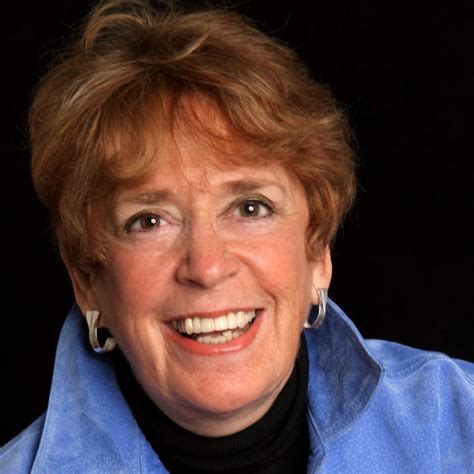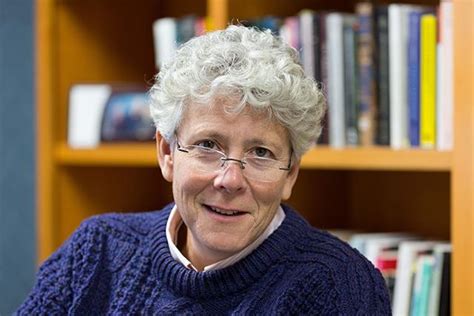A Quote by Kristi Jacobson
For me, as a documentary filmmaker, I'm interested in telling stories of real people whose experiences tell us something about ourselves or our history, or who we are and our potential.
Related Quotes
It has been said, "History is written by the victors." I take this to mean we can make ourselves victorious by writing, and then rewriting our own stories. In a country and culture so dominated by media, by the manipulation of words and stories, telling the tales of people whose stories historically have not been told is a radical act and I believe an act that can change the world and help rewrite history.
What does it matter, if we tell the same old stories? ...Stories tell us who we are. What we’re capable of. When we go out looking for stories we are, I think, in many ways going in search of ourselves, trying to find understanding of our lives, and the people around us. Stories, and language tell us what’s important.
It is difficult to see ourselves as we are. Sometimes we are fortunate enough to have good friends, lovers or others who will do us the good service of telling us the truth about ourselves. When we don't, we can so easily delude ourselves, lose a sense of truth about ourselves, and our conscience loses power and purpose. Mostly, we tell ourselves what we would like to hear. We lose our way.
As with any other great force of nature, there is both glory and danger in the stories we tell ourselves. Some are toxic and keep our problems festering. Others are tonic and bring us beyond the limitations of our previous history. To be in a life of our own definition, we must be able to discover which stories we are following and determine which ones help us grow the most interesting possibilities.
Each of us is comprised of stories, stories not only about ourselves but stories about ancestors we never knew and people we've never met. We have stories we love to tell and stories we have never told anyone. The extent to which others know us is determined by the stories we choose to share. We extend a deep trust to someone when we say, "I'm going to tell you something I've never told anyone." Sharing stories creates trust because through stories we come to a recognition of how much we have in common.
As we get older it is our short term memory that fades rather than our long term memory. Perhaps we have evolved like this so that we are able to tell the younger generation about the stories and experiences that have formed us which may be important to subsequent generations if they are to thrive.I worry though, about what might happen to our minds if most of the stories we hear are about greed, war, and atrocity





































